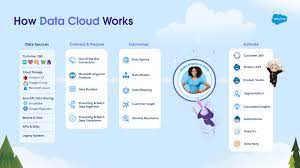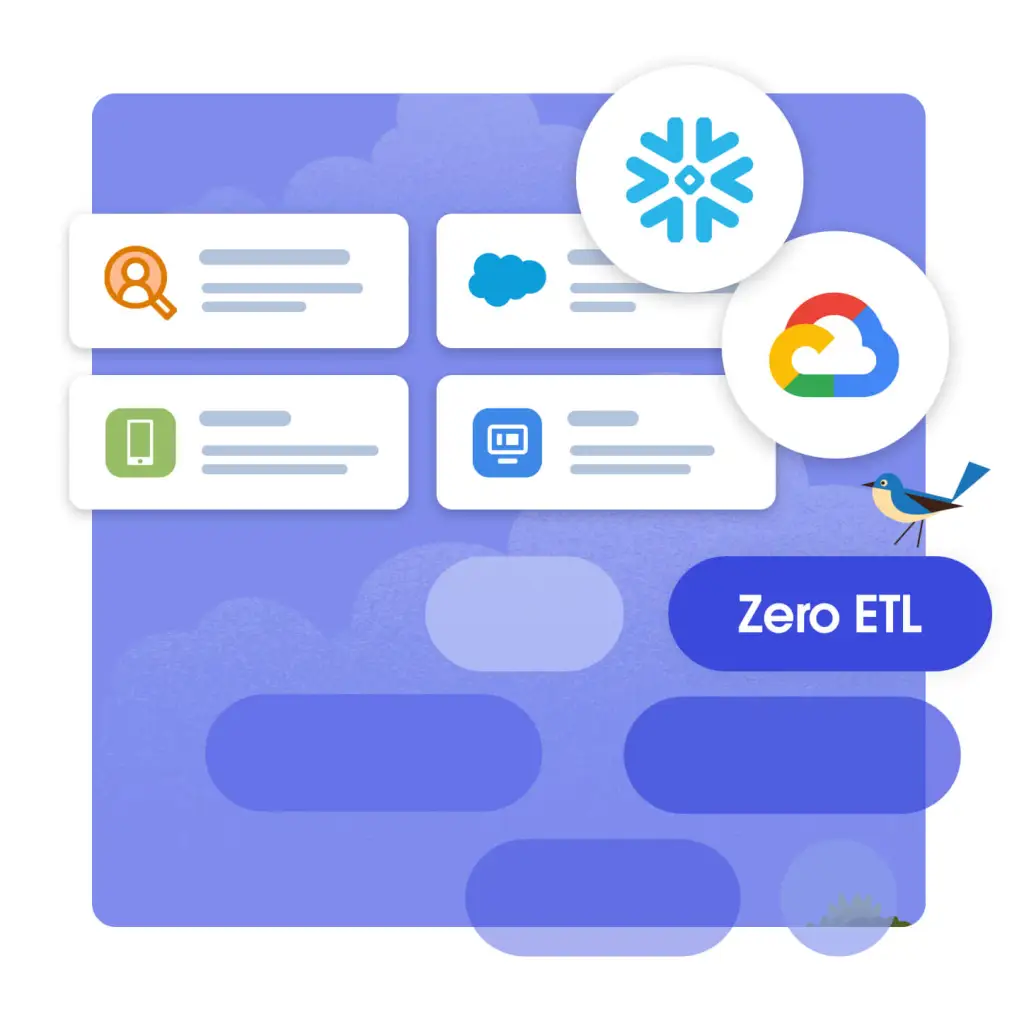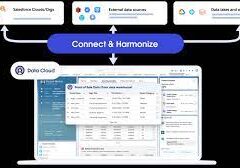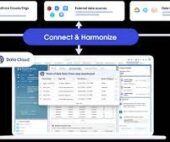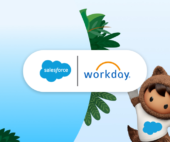Efficiently manage and safeguard your data by categorizing it based on brand, department, and region, enabling distinct business processes. Elevate customer interactions through personalized engagement. Facilitated by a comprehensive, unified customer view accessible to your team. Unified Profiles in Salesforce Data Cloud.
In the realm of Data Cloud (formerly Salesforce Genie), a data space serves as a logical partition for organizing data. By fostering profile unification, insights, and targeted marketing.

A Cloud Profile encompasses pertinent settings for the underlying cloud, including regions, Security Groups, and subnets. Multiple clusters can be deployed to a Cloud Profile over time. Thereby ensuring scalability and adaptability.
Identity resolution, a core function of Customer Data Platforms (CDP), involves matching and consolidating disparate data sets. This enables you to pinpoint and link the same individual across various sources and devices.

Unified data, represented by a unified data layer, signifies a company’s ability to amalgamate fragmented data sources. Turning them into a singular, central view. This view can manifest as a unified enterprise data lake or a virtual federation of distinct physical data stores.
Salesforce distinguishes between CDP and DMP, recommending CDP for organized utilization of first-party data for diverse purposes and DMP for leveraging third-party audiences in digital advertising campaigns.
Key considerations for Salesforce CDP implementations involve identifying required data, preparing it for ingestion, and establishing keys for seamless data organization.

CDPs are versatile, allowing the combination of structured, unstructured, and semi-structured data. Data can come from various sources like email, social media, loyalty programs, ERP, CRM, and DMPs, facilitating the creation of a unified customer view.
Unified Profiles in Salesforce Data Cloud
A unified data model (UDM) offers benefits such as standardized storage of records from different vendors, simplified rule implementation, and vendor-agnostic rule application.
Unified data is pivotal as it provides a singular source of truth for business operations. The result enabling informed decision-making. This is exemplified in a retail setting, where a unified data store analyzes sales, inventory, and customer data for enhanced product and service strategies.
Create Unified Data
Key steps to create a unified data model involve identifying data sources. Next is understanding data requirements, defining a standard schema, mapping and transforming data,. Then establishing data integration processes, implementing data governance, documenting the data model, and testing and iterating for continuous improvement.

Data Cloud
Data Cloud makes it easy for every business to make sense of all their data from any system, channel, or data stream. It integrates data from every step in the customer experience into a unified customer profile record. And that real-time customer profile can be used to instantly create an unprecedented level of personalization, which feels like magic.
Everything in this unified customer profile record is visible and actionable across Salesforce’s entire suite of products, including all industry solutions. You can also build custom apps that take advantage of Data Cloud, allowing you to meet customer expectations for apps that reflect their behavior in real time.
